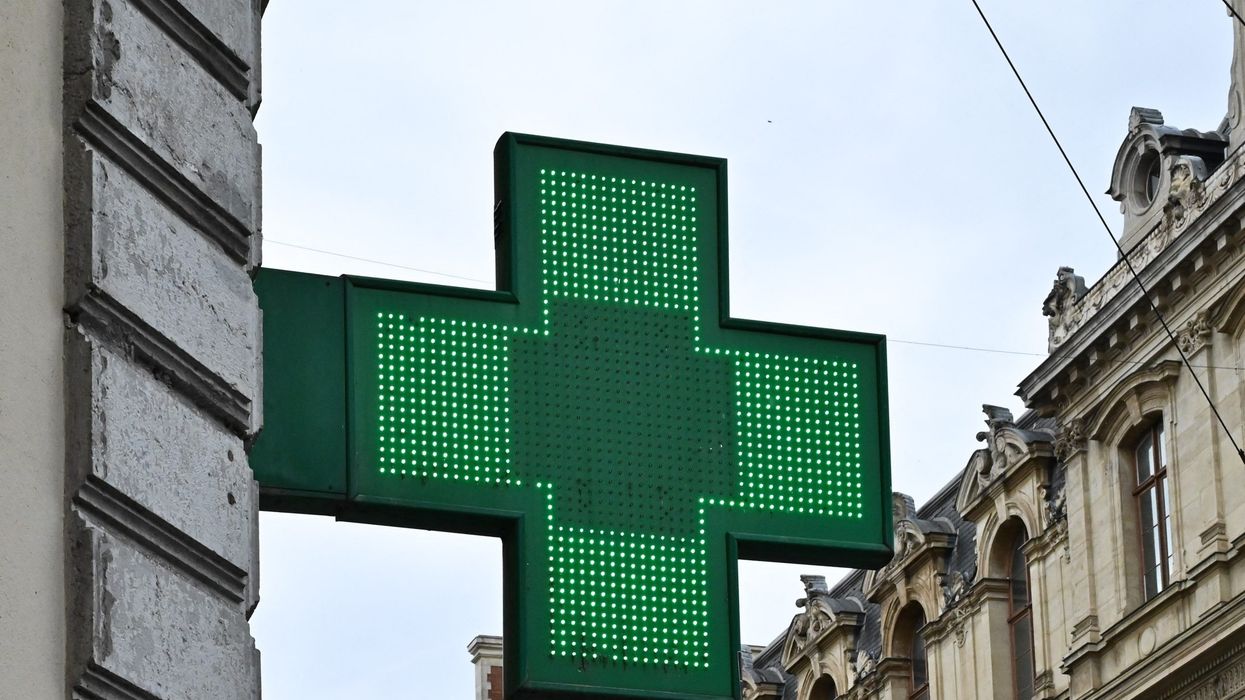Recent confirmation by the Judicial Review over an emergency prohibition order for puberty blockers has raised significant concerns around potential criminalisation of pharmacists
"It is challenging for pharmacy teams to support children and young people with gender incongruence and gender dysphoria due to the lack of comprehensive regulatory or clinical guidelines," the Royal Pharmaceutical Society (RPS) has warned.
The RPS has vocalised concerns over the potential impact of the Judicial Review's reconfirmation that necessitates an emergency ban on puberty blockers in line of the final Cass Review report.
However, this means there is often "no easily accessible referral pathway" to connect patients to the treatment and care they require, including mental health support.
The RPS is advocating for a balanced approach that ensures patients have timely access to specialist care pathways while safeguarding pharmacists from legal repercussions.
According to the emergency prohibition order, which has been in effect since earlier this year, it is a criminal offence to supply puberty blockers outside the term of order.
The RPS said that it is concerned that "this may inadvertently result in pharmacists declining to supply these medicines at all for fear of prosecution, which will negatively affect patient care."
While these medicines can still be legitimately supplied to under 18s for very early onset of puberty (usually caused by another condition), to people under 18 with gender dysphoria already in treatment, and to people aged 18 and over, the RPS highlighted pharmacists at potential risk of criminalisation for breaching the law.
"The order also criminalises pharmacists who may unknowingly breach the law, such as when a patient provides misleading information about their condition, age, or identity," the RPS said.
Moreover, the speed at which the ban was implemented, without an advance ‘run-in’ period, means that some pharmacists may not yet be fully aware of the new regulations. This lack of notice could result in accidental legal breaches.
”Normally a ban has an advance ‘run-in’ period so healthcare professionals can be made aware of it and understand their responsibilities.
"The absence of advance notice means a prosecution could take place which would not be in the public interest."
Further, the pharmacy body has called on the government to devise a solution that protects patient care without unfairly criminalising pharmacists and has raised these concerns with the Department of Health and Social Care (DHSC).
The RPS's position is further supported by findings from the Cass Review, which has highlighted the need for comprehensive care pathways and mental health support for those affected.
The Review emphasises the importance of compassionate, person-centred care, but the current lack of clear referral pathways complicates the ability to provide optimal support.












